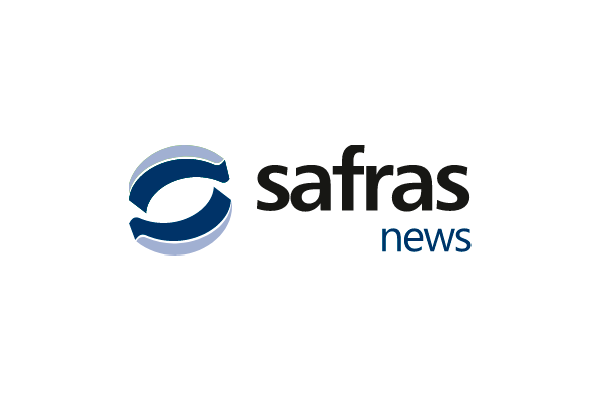Porto Alegre, July 8th, 2024 – Prices are likely to have a strong upward bias on the July average with the rising climate risk due to frosts at the beginning of the month and the drought in cane fields that has lasted since April; Market agents indicate expectations of demand remaining above 1.8 bln liters per a month at least until August. The physical market of hydrated ethanol had the month of June marked by gains in its short-term price averages that ended up contrasting with lows in the medium and long term. In June, average negotiations of hydrated ethanol in Ribeirão Preto and with taxes fluctuated around BRL 2.90 a liter. These average prices reflect the contrast seen at the beginning and end of the month, when offers went from BRL 2.88 to BRL 3.00 a liter. In the margin, against the previous month, there was a positive scenario with an increase of 4.56%. However, the same cannot be said about the year and the five-year average over the same period (both with their prices adjusted by inflation).
Over the year, average hydrated ethanol prices fell by 5.70%, while in the margin they fell by 15.67%. Last month, SAFRAS & Mercado had estimated average prices of hydrated ethanol for June in the range of BRL 2.75 a liter, which proved to be 5.21% lower than the effective average of BRL 2.90 a liter seen in the period. For July, SAFRAS & Mercado estimates average prices for hydrated ethanol at BRL 3.08 a liter, which should result in an increase in the margin of 6.17% and 9.03% over the year, although they demonstrate a disadvantage of 6.16% compared to the five-year average in the same period, already adjusted by inflation.
The higher prices projected for July are supported by the sum of climate risks that have been developing in the cane fields of the Center-South. The first is already known, which is the prolongation of the lack of rain from the beginning of the second half of April until the end of August, and monthly rainfall maps show that precipitation should return to the cane fields of the Center-South only in September. The second bullish vector comes due to the mass of polar air that affected the cane fields in the north of PR, south and center of SP, and south of MS.
There is still no clear measurement of the magnitude of the negative impacts on cane in this region, which will be effectively measured throughout the second half of the year. However, the overlapping of negative impacts of drought with those of the polar air mass should generate a strong downward trend in cane productivity in both quantity and quality. Additionally, there is a constant demand pressure that shows no signs of slowing down.
SAFRAS & Mercado projects that the internal demand for hydrated ethanol from distributors to mills should remain in the range of 1.80 bln liters at least until August. Only after this period will consumers at the pumps have to reduce their consumption in response to the level of loss of competitiveness of hydrated ethanol against gasoline. Competitiveness should be reversed and lost by mills due to the decline in the cane crop in the Center-South with the climate adversity seen in 2024 thus far.
As a result, there is a clear need for mills to further increase hydrated ethanol prices in the third quarter of 2024 so that levels of competitiveness and demand from end consumers at the pumps decline. This decrease in sales will begin to prove necessary given the reduction in the supply of hydrated ethanol resulting from the decline in the current crop, which will become more evident in the second half of 2024.

